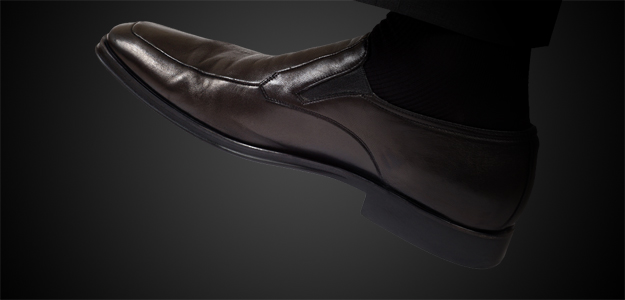 Twitter’s new Vine app got everyone in a right tissy after video clips of hardcore pornography began showing up in the app’s “Editor’s Pick” feed. While the good people at Twitter/Vine seem to have already begun filtering out the NSFW clips, it wasn’t nearly fast enough to stave off reports questioning whether Apple would remove Vine from the App Store for violating its “inappropriate” content policy, just as it did with 500px last week.
Twitter’s new Vine app got everyone in a right tissy after video clips of hardcore pornography began showing up in the app’s “Editor’s Pick” feed. While the good people at Twitter/Vine seem to have already begun filtering out the NSFW clips, it wasn’t nearly fast enough to stave off reports questioning whether Apple would remove Vine from the App Store for violating its “inappropriate” content policy, just as it did with 500px last week.
The allowance of porn-saturated apps in the App Store is a perfectly valid debate to have from a business perspective. But the whole Vine debacle opens a peephole to a much bigger problem for life in the digital age: Companies like Apple and Twitter have too much power over the freeness of free speech.
The First Amendment to the U.S. Constitution mandates that the U.S. government may not infringe on citizens’ right to free speech and the freedom of the press (at least in most circumstances). What it does not do, however, is prevent private companies from instituting their own rules about what kind of speech – be it a tweet, an app, or a 6-second Vine clip of a naked woman with a sex toy – to allow through their systems. Apple is under no legal obligation to include every app in the App Store just as The New York Times is free to pick and choose which editorials to publish.
The trouble is, for most people, having a voice in the Internet age means filtering that speech through the systems of companies like Apple, Twitter, Google, Facebook, Amazon, and Internet service providers. It means risking having your speech cut off if one or more of these companies believes your speech, or speech you wish to access, is not worth the risk.
This problem of corporate censorship varies depending on the company. Twitter, for example, is explicitly committed to the protection of users’ right to free speech, and has backed up its talk in court. Google also has a solid track record on this front (though the extent of its commitment is slightly less clear than Twitter’s). Facebook, on the other hand, reserves the right to remove any posts that violate its Terms of Service, and does so regularly. And Apple has perhaps the worst record of all, having removed apps ranging from 500px and its artsy nudity to a dictionary app with curse words to an app that tracks U.S. drone strikes.
While I applaud any company that takes a clear stand against user censorship, the contrasting policies of the companies listed above merely exposes the flaw in this pyramid of power: We are at their mercy. If Twitter suddenly decides to censor every tweet containing the word “fart,” it can do so, just as Apple can choose to not allow apps into its ecosystem that contain nipples. Whatever the Terms of Service say, we must obey.
Perhaps the simplest answer to this problem is to exit walled gardens like Apple’s. Jailbreak your phone. Set up your own servers. Launch your own website, third-parties be damned. For many people, however, this just isn’t an option due to lack of skill, time, or money. (And, because Internet service providers have their own rules, going it alone does not completely eliminate the problem.) It also shouldn’t be necessary.
The cold, obvious fact is, companies exist to make money. Twitter believes that its business will do better if it protects free speech. Apple long ago decided that imposing its own form of censorship serves its customers and its bottom line best. Regardless of the company, the need to make money will never go away – that is one of the primary reasons companies exist, and the only way to keep them in existence.
So we, the people, have a problem: We must either convince the Internet companies we patronize to abandon all forms of censorship, or adopt a new way of spreading the good word. We must because all of our outlets have masters other than ourselves, with rules that define “speech” to mean something different than what our Constitution says it should be.


